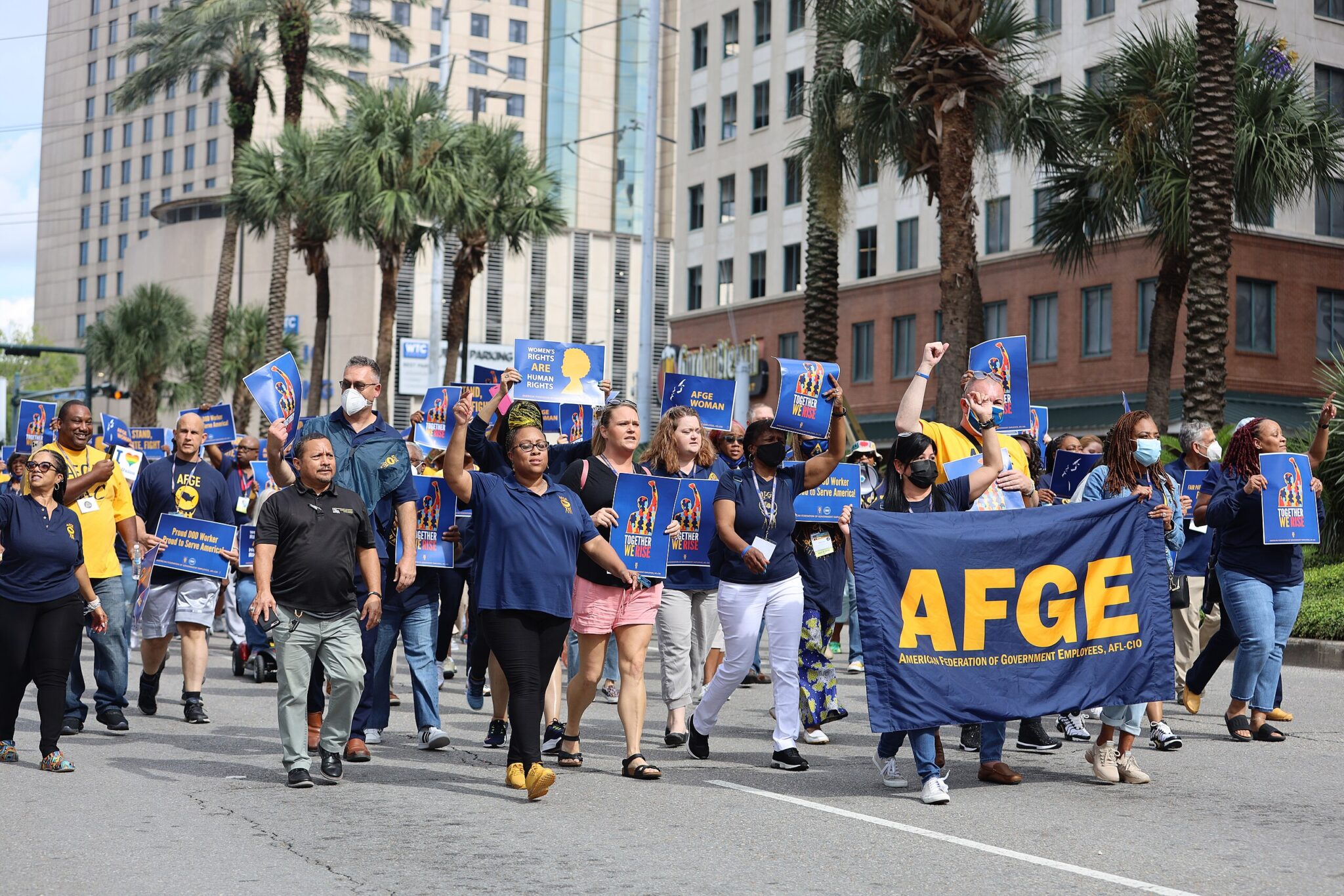
Liana Wang is a student at Harvard Law School.
In today’s news and commentary, DOL pauses the 2024 gig worker rule, a coalition of unions, cities, and nonprofits sues to stop DOGE, and the Chicago Teachers Union reaches a remarkable deal.
On May 1, the Department of Labor announced it would pause enforcement of the Biden Administration’s independent contractor classification rule. Under the January 2024 final rule, economic dependence was the “ultimate inquiry” for determining employee or contractor status. The Biden Administration had promulgated the rule to crack down on worker misclassification and ensure that more workers are entitled to minimum wage, overtime pay, and other protections under the FLSA. The rule was challenged in multiple pending lawsuits, although a federal judge in New Mexico upheld it in January 2025. DOL plans to fully rescind the rule, a major win for business groups and gig-economy giants like Uber and Lyft.
Meanwhile, in San Francisco, a coalition of labor unions, cities, and nonprofits launched a broad challenge to the Trump Administration’s unprecedented expansion of executive power. The plaintiffs include AFGE and SEIU, nonprofits like the Center for Taxpayer Rights and the Natural Resources Defense Council, as well as the City and County of San Francisco, the City of Chicago, and Harris County, Texas, among others. The complaint argues that President Trump’s EO 14210, which ordered DOGE and other agencies to engage in a “critical transformation” of the federal government, usurped Congressional authority and exceeded Constitutional limits on presidential power. Moreover, they contend that DOGE and other agencies implementing and abiding by the President’s orders lack the authority to do so.
Lastly, in Chicago, the Chicago Teachers Union overwhelmingly voted to approve a new and comprehensive contract with Chicago Public Schools. 85% of the union’s more than 27,000 members cast a vote, and 97% of voters approved the agreement. This is the first CTU contract achieved in 15 years without a strike or strike vote. The agreement was also novel in other ways: some bargaining sessions were publicly live-streamed in efforts to increase transparency. And for the first time, since a 2021 Illinois law restored full collective bargaining rights for teachers, the union was also able to bargain over issues like class size, academic freedom, and other student supports. While both the school district and CTU agree that the bargaining process should have been faster and less tumultuous, the deal has already been touted as inspiration by the United Teachers Los Angeles union in their current negotiations.






Daily News & Commentary
Start your day with our roundup of the latest labor developments. See all
July 11
Regional director orders election without Board quorum; 9th Circuit pauses injunction on Executive Order; Driverless car legislation in Massachusetts
July 10
Wisconsin Supreme Court holds UW Health nurses are not covered by Wisconsin’s Labor Peace Act; a district judge denies the request to stay an injunction pending appeal; the NFLPA appeals an arbitration decision.
July 9
the Supreme Court allows Trump to proceed with mass firings; Secretary of Agriculture suggests Medicaid recipients replace deported migrant farmworkers; DHS ends TPS for Nicaragua and Honduras
July 8
In today’s news and commentary, Apple wins at the Fifth Circuit against the NLRB, Florida enacts a noncompete-friendly law, and complications with the No Tax on Tips in the Big Beautiful Bill. Apple won an appeal overturning a National Labor Relations Board (NLRB) decision that the company violated labor law by coercively questioning an employee […]
July 7
LA economy deals with fallout from ICE raids; a new appeal challenges the NCAA antitrust settlement; and the EPA places dissenting employees on leave.
July 6
Municipal workers in Philadelphia continue to strike; Zohran Mamdani collects union endorsements; UFCW grocery workers in California and Colorado reach tentative agreements.